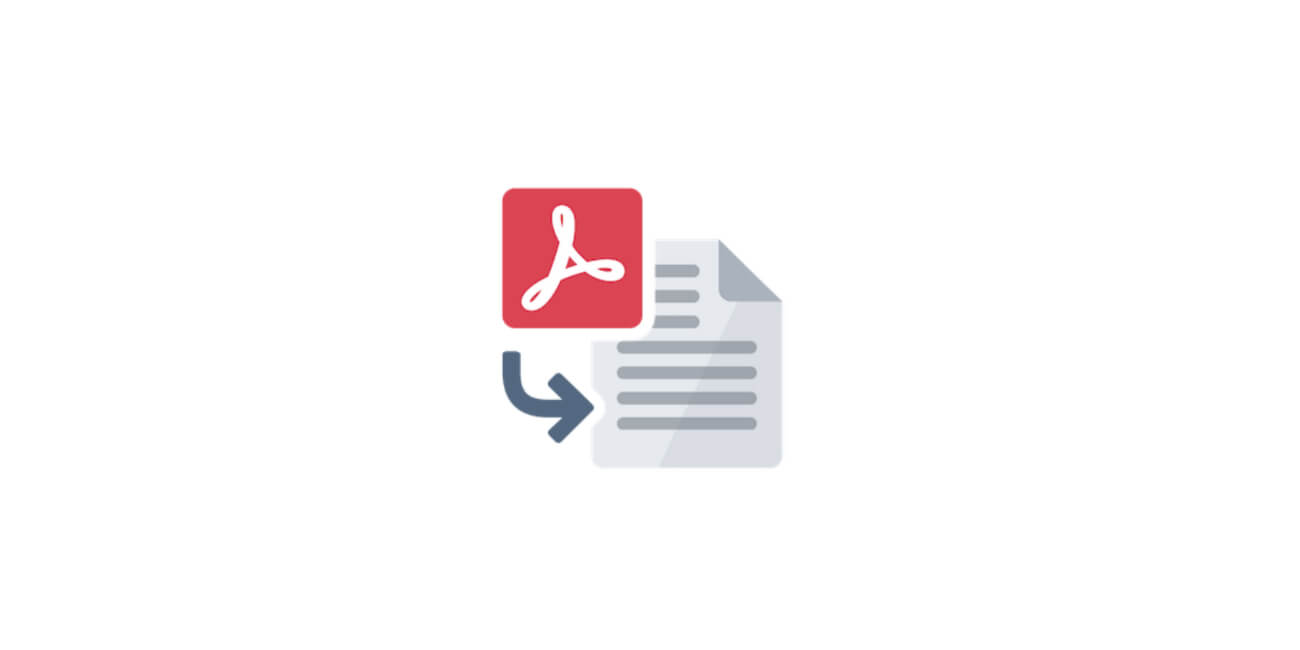
5 Management Tips for Digital Files
Between the cloud and local storage, most people handle hundreds to thousands of digital files, but what are some methods for managing them effectively?
Images, pdfs, videos, music, these are just some of the many types of digital files that we use on a daily basis. Like the rooms in your own home though, these files can cause clutter if not organized properly, slowing down workflow and posing difficulties when trying to search for something on a tight deadline. If you’ve ever tried searching for a document you swear existed but just couldn’t seem to find it, then these digital file management tips are for you.
1: Store digital files in both local and cloud environments
This first tip might be a no brainer, but I feel obligated to mention it. Cloud storage can give you access to your files anywhere (that you can connect online), while also preserving local storage on your device. I have a 2015 MacBook Pro 256GB and with only 10GB remaining free, I’m definitely feeling the pressure of not saving things locally. That said, it’s always a good idea to store things in multiple places, especially important documents. If your cloud storage goes down for any reason and you don’t have your files backed up locally, you’re out of luck. The opposite is true as well. I had 500 TRX coin stored on a local crypto-wallet and when my laptop got stolen a few years back, I was completely out of recovery options. I’m still bummed about it.
For cloud storage I mainly use Google Drive because it’s fairly lightweight and supports all types of files. I pay $1.99/month for 100GB of storage which has been plenty so far- documents, images, music, videos, spreadsheets, etc are all stored there and can be managed via desktop or mobile app. If you end up looking into G Suite, you can use my code DCUDFX3XKNWJDJX for 20% off the basic plan.
Local storage is limited to the device you’re on, but you always have the option of external hard drives, which can be purchased pretty much everywhere- I’ve even seen some available at gas stations (would not recommend). I’ve used Seagate external drives before, which have worked great. Backup your historical documents to optimize space!
2. Create folder groups
Good digital file management will require some preemptive measures, namely organization of where your files will live. For this, folders are the name of the game. I personally like to organize my folders by project, then within each project folder will have relative departments/categories of interest like finance, media, notes, etc. Folders can be used in both cloud and local storage environments, with implementation being easiest on a clean slate (like when you get a new computer). Still, it’s never too late to create some folders and tidy up your online business documents!
3. Utilize search features
If your method for accessing digital files is opening the start menu > desktop/files, or looking through your browser search history, then I pity you. Most devices have well built search features within them, like the spotlight search in Apple products, search icon in Windows 10, or browser search in Google Chrome. Most of these search features are designed to perform a holistic scan across the device and its history in order to identify and retrieve your digital file. If you haven’t spent a lot of time organizing your files in advance and are finding yourself with a desktop cluttered with random files, the search feature will absolutely be your best friend. The same applies to mobile devices like iPhone!

There’s also this new service called APSE (A Personal Search Engine) that is designed to let you manage both your local and cloud-based digital files all from your device via a “search browser”. In addition to APSE’s ability to cross reference all your digital files at once, it keeps a memory of all the files that cross your screen (emails, social media, etc) and stores all searching information locally (as opposed to online), which is a huge plus for privacy. APSE appears to be a great solution for both personal and business, and offers a few different subscription options on their website.
4. Use backlinks to your digital files
If you find yourself creating expansive spreadsheets that build off/relate to other documents (ie petty cash tracking forms with individual receipts) then you should absolutely include the link to said file right inside the spreadsheet cells. Now, instead of searching for Receipt-001-03-Target (repeated for each line item), you can simply click the backlink and the respective file will open in a new window. Note that this can be done both locally and in the cloud. Creating these backlinks will also improve your search results, due to the fact that (most) search engines build logic networks around which files you’re likely looking for.
5. Name your files appropriately
43fbhu0w1g8b.jpg is a horrible identifyer for a digital file, but let's be real, we’re all guilty of giving in to these terrible, suggested string-names. If you ever reach the 43fbhu0w1g8b(01).jpg point though, you might want to reconsider your life choices entirely. Thankfully if you have good folder management, you can mitigate this problem by placing all files at time of creation/download into their respective labeled folders for easy recovery later. Naming conventions will totally depend on how you like to visualize your content, but general rule of thumb is to keep it short and sweet. Also, there's no need (in my opinion) to include the date of creation, as most digital files contain a timestamp in their meta data.
Digital file management is important for a variety of reasons, with simplified workflow being the first that comes to mind. If you found these tips helpful, you might also like to learn about these three tips for better money management.
If you enjoyed this Mod, please consider sharing using the social media icons below. Any questions or comments? Let us know on Twitter!

